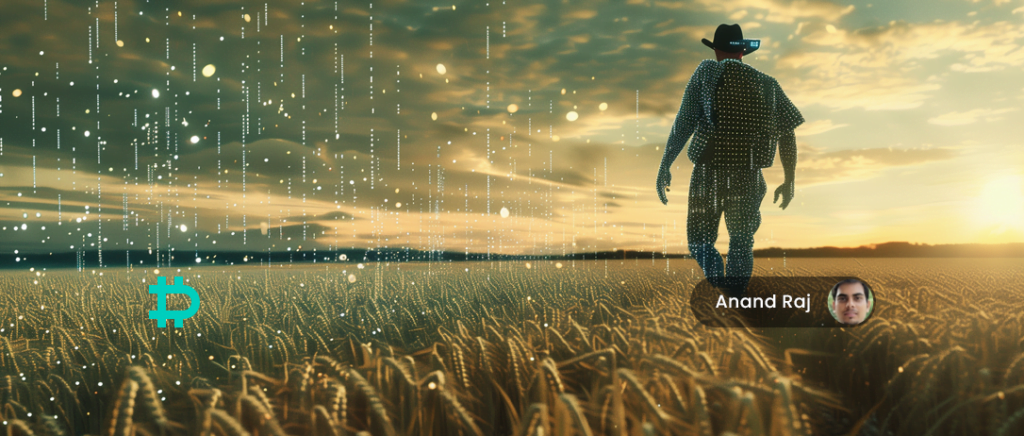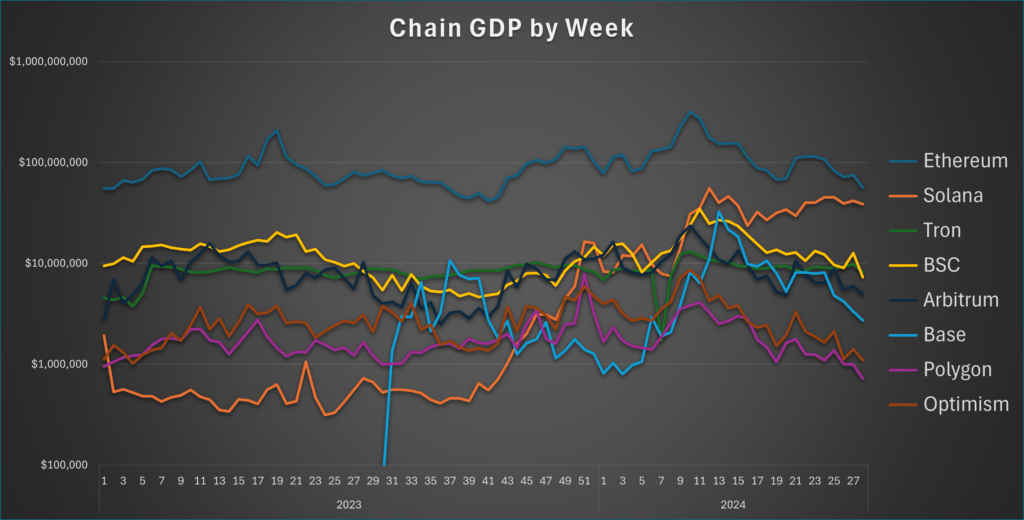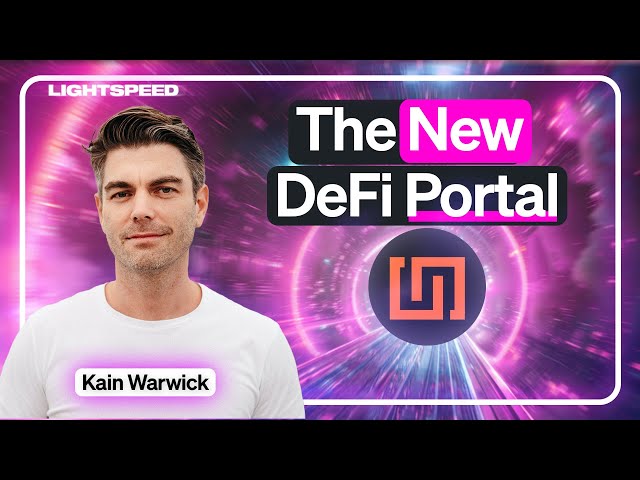Podcast Summary
In this podcast episode, the guest, a former host and current network developer, discusses the challenges and triumphs of the past year in network development. The conversation delves into the trade-offs made in the early stages of building the network, the importance of learning from failures, and the ongoing process of optimizing for small changes. The guest also shares insights on the design decisions made for Solana, aiming to create a fair and fast system for global data synchronization. The discussion further explores the overlap between system synchronization and cryptocurrency features, the challenges of software development, and the potential of AI in blockchain.
Key Takeaways
Building and Optimizing Complex Systems
- Learning from Failures: The guest emphasizes the importance of testing and learning from failures to improve the network’s reliability. They also highlight the trade-off between launching a V0 or V1 product and the expectation of occasional failures.
- Optimizing for Small Changes: The guest underscores the importance of shipping small changes quickly when building complex systems. They note that solving multiple hard engineering problems simultaneously is crucial in building new databases, operating systems, or blockchains.
- Addressing All Hard Problems: The guest points out that copying or modifying one part of an existing stack will not result in a next-generation blockchain; all hard problems must be addressed. Fixing one problem may only provide a marginal improvement, so all problems must be fixed to see significant overall improvement.
Design Decisions for Solana
- Creating a Fair and Fast System: The design decisions made for Solana were driven by the goal of creating a fair and fast system for synchronizing information globally. Solana aims to provide guarantees for data synchronization and enable fast submission and reading of data worldwide.
- Competing with Important Businesses: The guest sees Solana as an open platform that can compete with important businesses in finance and trading without displacing them. Solana aims to become the infrastructure layer that connects various financial systems and ensures fairness and transparency.
Challenges in Software Development
- Handling Resource Limitations: The guest highlights the challenges of balancing resources like RAM and disk space when building digital systems, and how these limitations are based on the physical hardware. They mention the importance of engineers in addressing these edge cases and ensuring the stability of AGI systems.
- Dealing with Legacy Code and Dependencies: The guest discusses the challenge of fixing engineering problems one at a time, leading to legacy code and dependencies. They mention the use of ratio coding and block propagation optimization in Solana, which differs from Bitcoin and Ethereum.
Potential of AI in Blockchain
- AI for Code Verification: The guest believes that people will eventually trust code written by machines, as AI can be used to verify code for correctness. AI is seen as an amazing toolkit for code generation and will make software development faster.
- AI-Generated Code: The guest mentions the use of generative systems in physical design and the current limitations of AI-generated code. They believe that software development will become cheaper and more efficient with the help of AI.
Sentiment Analysis
- Bullish: The guest expresses a bullish sentiment towards the future of Solana and its potential to compete with major businesses in finance and trading. They also show optimism about the role of AI in blockchain and software development, believing that it will make the process faster and more efficient.
- Bearish: There is a bearish sentiment expressed towards the challenges faced in software development, particularly in dealing with resource limitations and legacy code. The guest also acknowledges the difficulties in balancing ease of programming and high performance.
- Neutral: The guest maintains a neutral stance on the trade-offs made in the early stages of building the network, emphasizing the importance of learning from failures and optimizing for small changes. They also discuss the ongoing process of addressing all hard problems in building complex systems.










